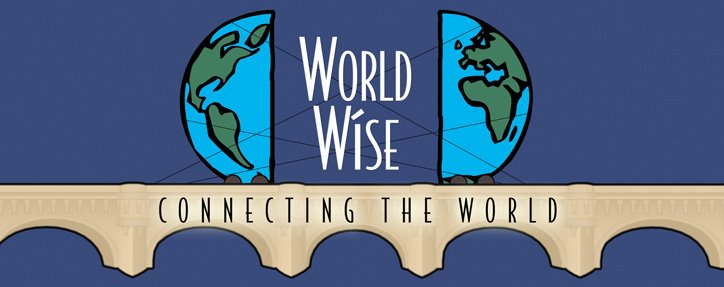 In Los Angeles it’s easier to find sushi than a hamburger or the California staple, tacos. It isn’t a surprise to find sushi in New York, London, Paris, Moscow, or Milan. But sushi in Syria? Not expected. Yet the April 20, 2010 edition of the Economist (www.economist.com) tells us that this delicacy is now readily available at least in Damascus. The author of the article “Can exotic food lead to liberty?” sees the arrival and popularity of sushi as an indication of Syria opening to outside influences. That its appearance is a result of economic liberalization and the return of expats looking for familiar food. The article is a thoughtful and intriguing reflection on implications of a changing restaurant scene.
In Los Angeles it’s easier to find sushi than a hamburger or the California staple, tacos. It isn’t a surprise to find sushi in New York, London, Paris, Moscow, or Milan. But sushi in Syria? Not expected. Yet the April 20, 2010 edition of the Economist (www.economist.com) tells us that this delicacy is now readily available at least in Damascus. The author of the article “Can exotic food lead to liberty?” sees the arrival and popularity of sushi as an indication of Syria opening to outside influences. That its appearance is a result of economic liberalization and the return of expats looking for familiar food. The article is a thoughtful and intriguing reflection on implications of a changing restaurant scene. Wonder where else you can find sushi? Places that may surprise you? Check The Sushi World Guide (www.sushi.infogate.de). They host a list of 4,000 sushi restaurants around the world. If you’re going to Ecuador, South Africa, or Kuwait this site tells you where find a place to satisfy a wish for some sushi.
Curious about the economics of your spicy tuna roll? You may enjoy "The Sushi Economy" by Sasha Issenberg for a fascinating look at the business behind the food.
Sushi once a novelty is now joins the family of global foods - another familiar food to enjoy as we explore the world for business or pleasure.






